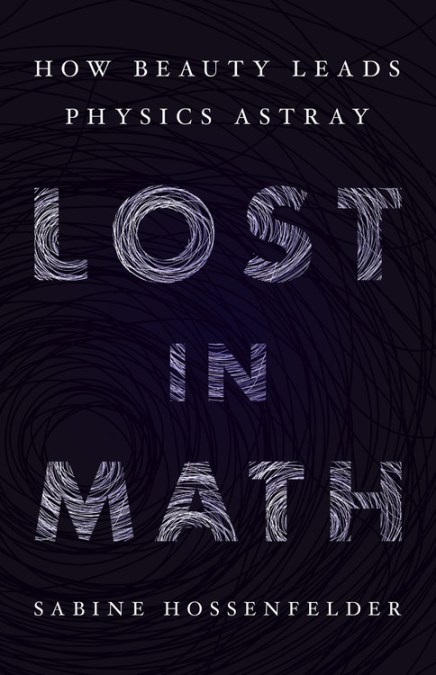Because quantum mechanics “lacks a physical description of the measurement process:
Abstract: Quantum mechanics has irked physicists ever since its conception more than 100 years ago. While some of the misgivings, such as it being unintuitive, are merely aesthetic, quantum mechanics has one serious shortcoming: it lacks a physical description of the measurement process. This “measurement problem” indicates that quantum mechanics is at least an incomplete theory – good as far as it goes, but missing a piece – or, more radically, is in need of complete overhaul.
Here we describe an approach which may provide this sought-for completion or replacement: Superdeterminism. A superdeterministic theory is one which violates the assumption of Statistical Independence (that distributions of hidden variables are independent of measurement settings). Intuition suggests that Statistical Independence is an essential ingredient of any theory of science (never mind physics), and for this reason Superdeterminism is typically discarded swiftly in any discussion of quantum foundations.
The purpose of this paper is to explain why the existing objections to Superdeterminism are based on experience with classical physics and linear systems, but that this experience misleads us. Superdeterminism is a promising approach not only to solve the measurement problem, but also to understand the apparent nonlocality of quantum physics. Most importantly, we will discuss how it may be possible to test this hypothesis in an (almost) model independent way.
– S. Hossenfelder, T. N. Palmer, Rethinking Superdeterminism, arxiv, December 13, 2019

The paper’s Conclusion:
We have argued here that quantum mechanics is an incomplete theory and completing it, or replacing it with a more fundamental theory, will necessarily require us to accept violations of Statistical Independence, an assumption that is sometimes also, misleadingly, referred to as Free Choice. We have explained why objections to theories with this property, commonly known as superdeterministic, are ill-founded.
Since the middle of the past century, progress in the foundations of physics has been driven by going to shorter and shorter distances, or higher and higher energies, respectively. But the next step forward might be in an entirely different direction, it might come from finding a theory that does not require us to hand-draw a line between microscopic and macroscopic reality.
The Uncommon Descent News Virtual Coffee Room hopes a YouTube will follow.
Sabine Hossenfelder is the author of Lost in Math: How Beauty Leads Physics Astray,
Follow UD News at Twitter!